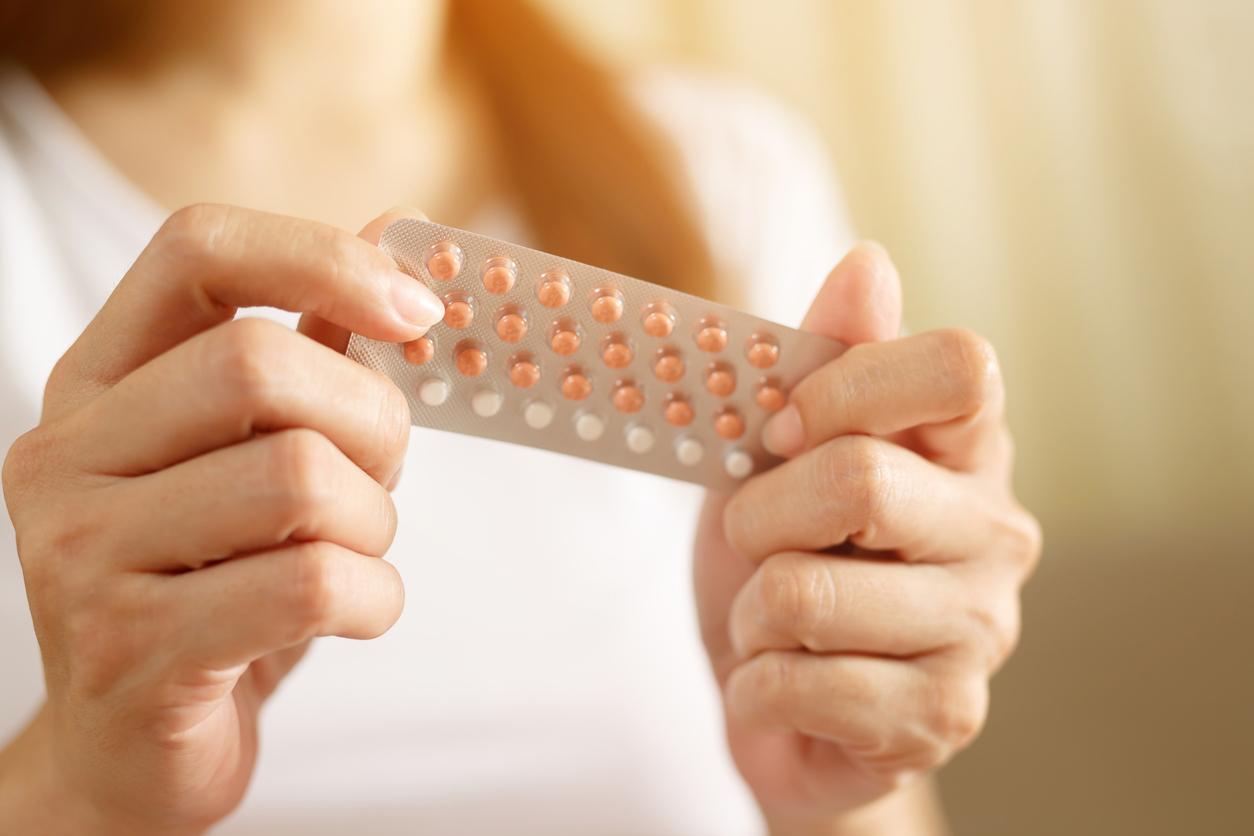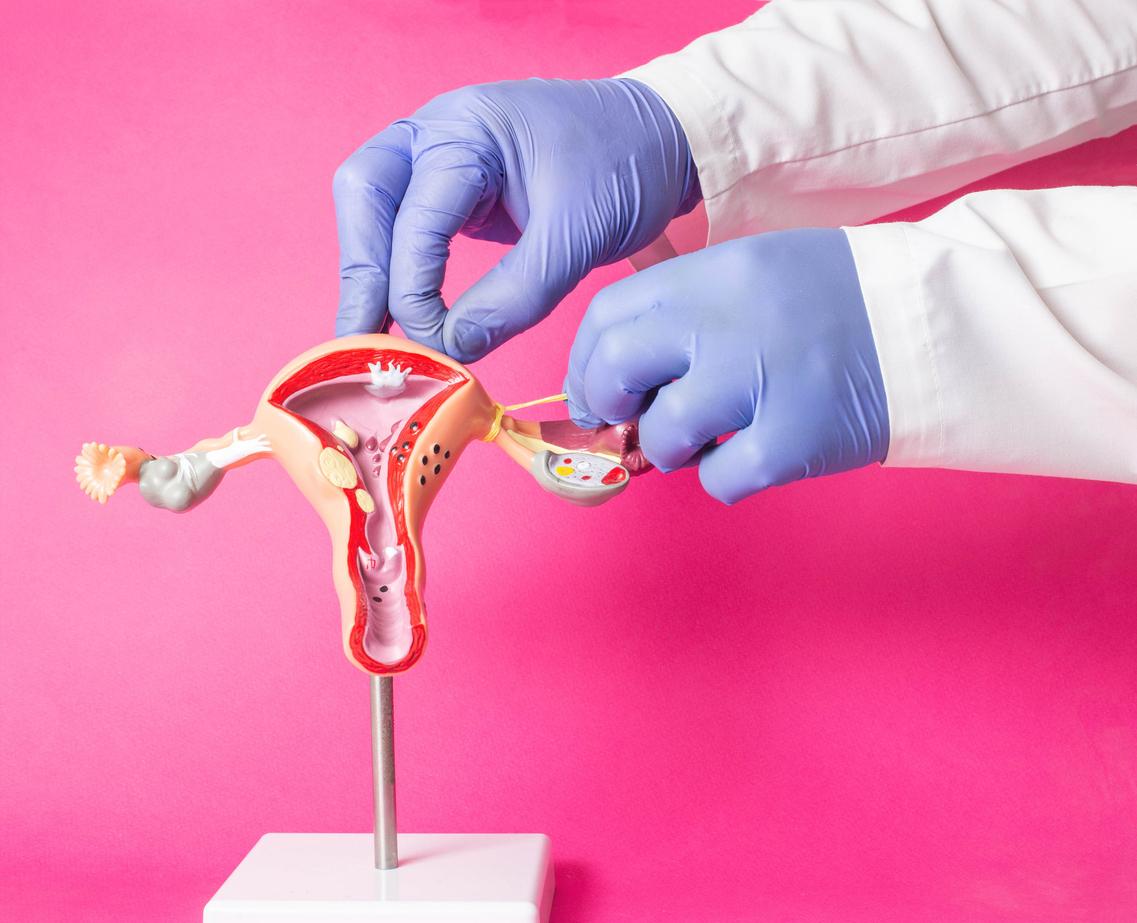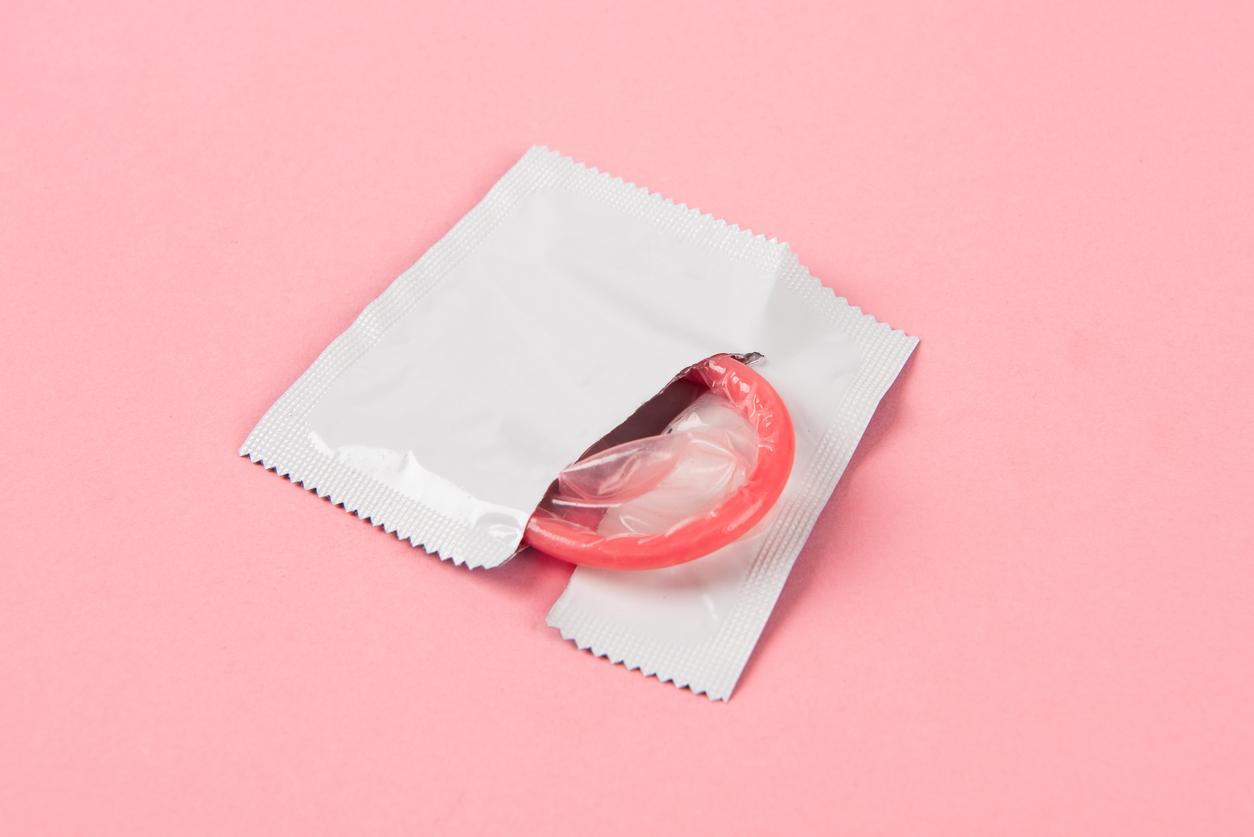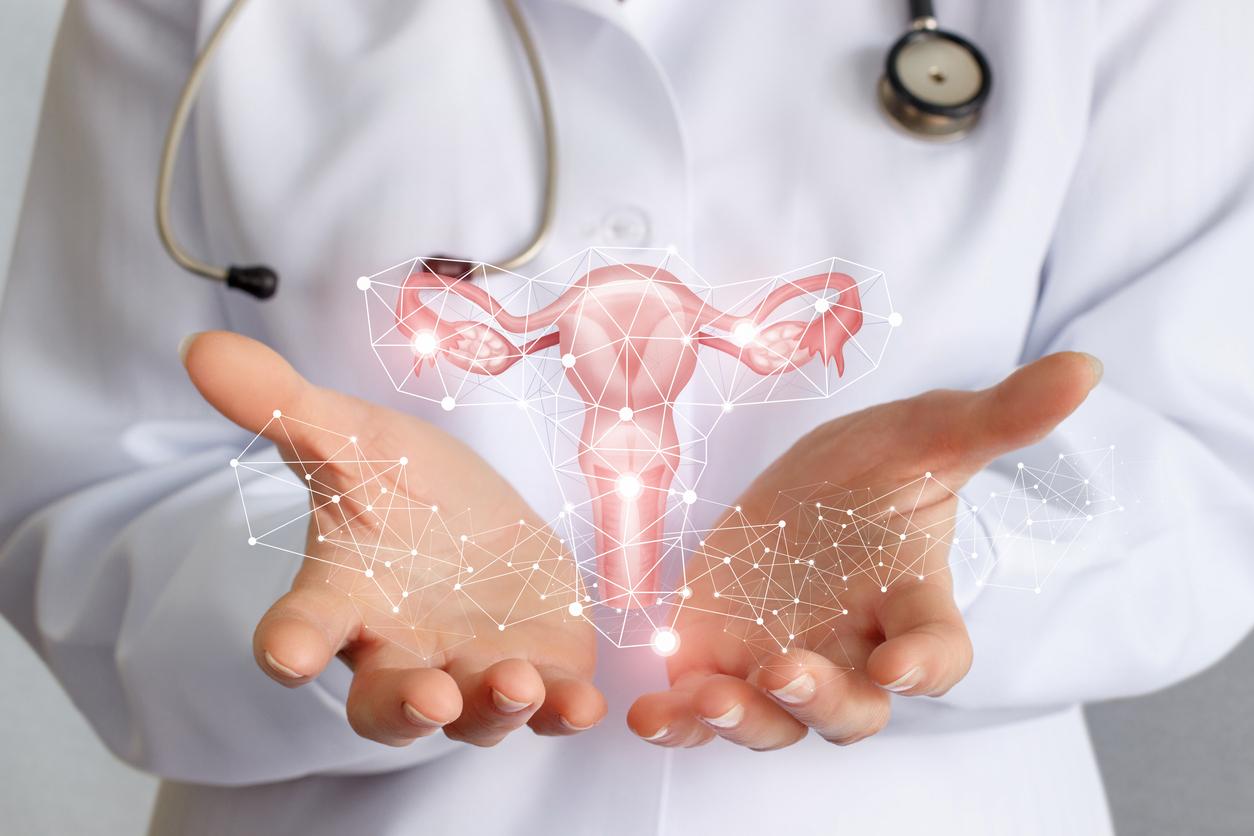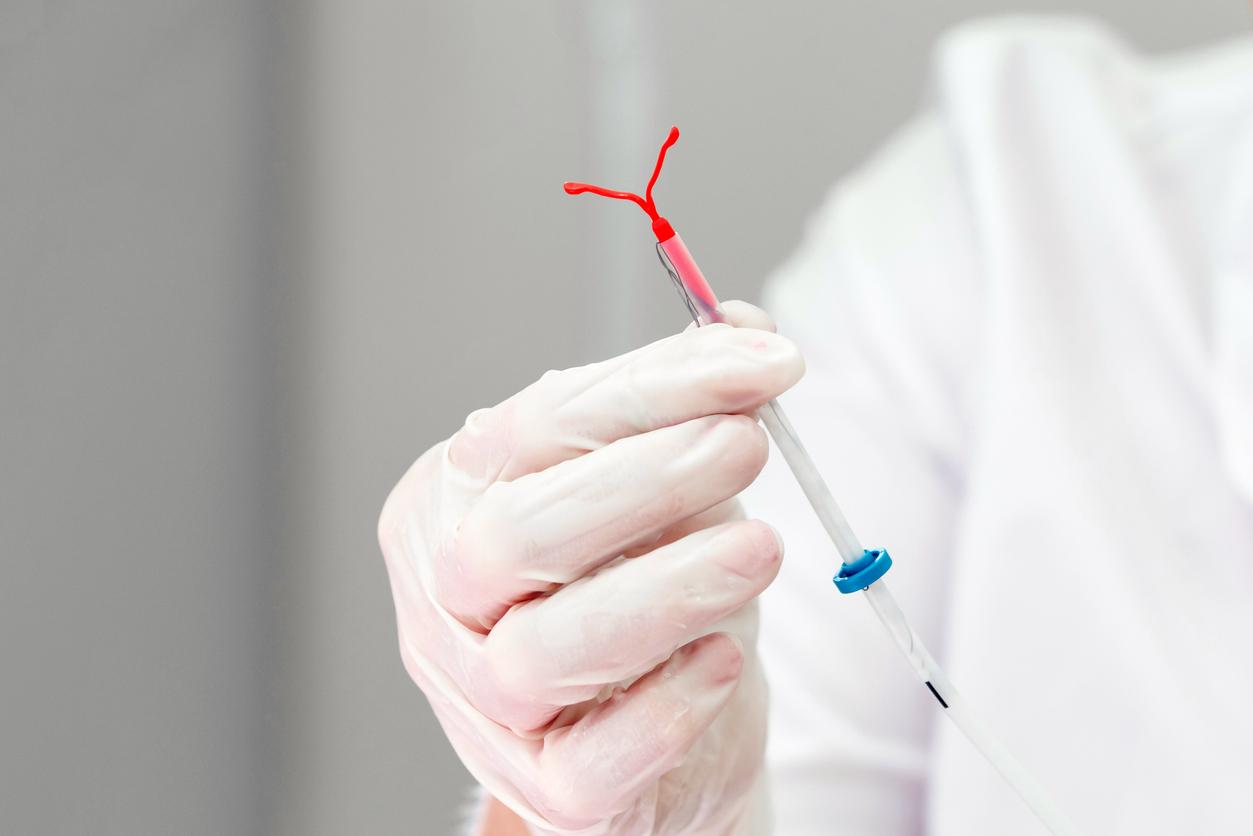Use of nonsteroidal anti-inflammatory drugs is associated with a slightly higher risk of blood clots in women taking hormonal contraception, such as the pill.

- Nonsteroidal anti-inflammatories are used to treat fever and pain.
- According to one study, they slightly increase the risk of blood clots in women taking hormonal contraception.
- Other anti-inflammatory medications or other types of contraception may help limit the risk.
THE non-steroidal anti-inflammatory drugs (NSAIDs) are medications frequently used to combat pain or fever. As their name suggests, they act on inflammation in the body: sensations of heat, redness or swelling for example. According to a study published in the British Medical Journaltheir use may increase the risk of blood clots in women taking hormonal birth control.
Non-steroidal anti-inflammatory drugs: how to study their effects on the risk of blood clots?
This work, carried out by Danish researchers, concerns the medical data of two million women, aged 15 to 49. All had been followed for venous thromboembolism, i.e. a blood clot in a vein, between 1996 and 2017. But they had no specific history. Scientists were interested in their means of contraception. “Hormonal contraception was divided into high, medium and low risks, based on their association with venous thromboembolism, based on previous studies., specify the authors. The category “at high risk” included combined estrogen-progestin patches, vaginal rings and pills containing 50 micrograms of estrogen, or third or fourth generation progestins. A quarter of the women in the study used nonsteroidal anti-inflammatory drugs. “Ibuprofen was most frequently used (60%), followed by diclofenac (20%) and naproxen (6%)., note the Danish scientists. Over a period of 10 years, more than 8,000 venous thromboembolic events occurred.
Increased risk of blood clots linked to non-steroidal anti-inflammatory drugs
Data analysis shows that women who take non-steroidal anti-inflammatory painkillers in addition to hormonal contraception are at risk.slightly increased“blood clot.”In absolute terms, NSAID use was associated with four extravenous thromboembolic events per week per 100,000 women not using hormonal contraception, with 11 additional events among women using average-risk hormonal contraception, and with 23 events per week. additional in women using high-risk hormonal contraception”, conclude the authors. The risk was higher with combined oral contraceptives containing third or fourth generation progestins.
Anti-inflammatories and contraception: what lessons can we draw from this study?
Researchers emphasize that the absolute risk of developing a serious blood clot is low, even among women using high-risk hormonal contraception. “But given the widespread use of hormonal contraception and NSAIDs, women should be informed accordingly of this potential drug interaction.”, they estimate. “If NSAID treatment is necessary, drugs other than diclofenac seem preferable, as well as low-risk hormonal contraceptives such as progestin tablets, implants or intrauterine devices“, continues Morten Schmidt, researcher in cardiovascular epidemiology at Aarhus University in Denmark.











